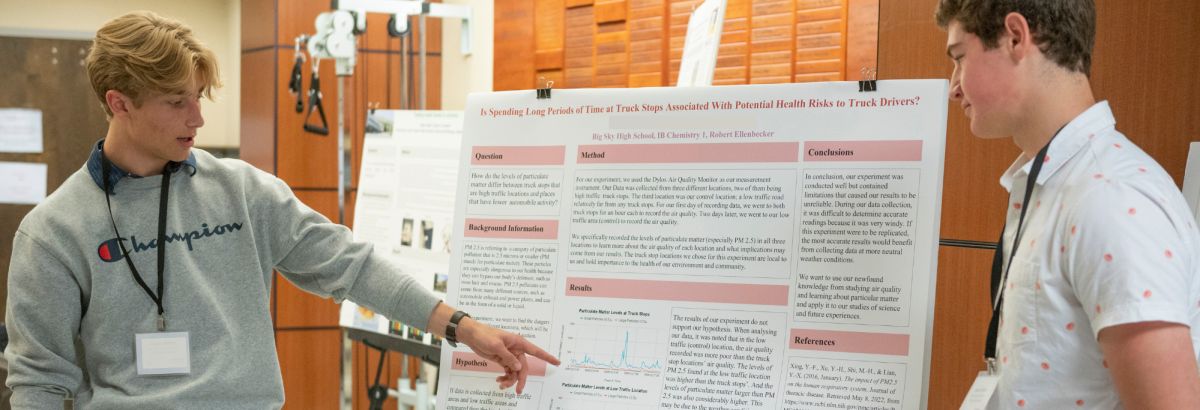REACH Curriculum Activities

Research Education on Air and Climate Change Health will provide guided inquiry based curriculum activities and corresponding teacher materials designed to supplement the air quality research component of the program. A breakdown of the 3 Learning Modules that will be developed is listed below.
Learning Module 1: Introduction to Public Health Essential Questions:
In what ways do the 10 Essential Public Health Services contribute to the health of myself and my community?
What are the core disciplines of public health and what types of careers are available in each?
Elicit - In what ways did the COVID-19 pandemic bring to light the invisible facets of public health in our communities?
Engage - How can community health asset mapping help identify public health needs in our community?
Explore - How did the Broad Street pump lead to the development of the science of public health?
Explain - What are the 10 Essential Public Health Services and how do they ensure the health and safety of communities?
Elaborate - What careers are available in each of the five core disciplines of public health?
Evaluate - How does the field of public health contribute to upstream health and safety in my community?
Extend - How do public health professionals communicate health information?
Learning Module 2: Climate Change Essential Questions:
What are the projected climate change issues of greatest concern for human health in my region and how can they be addressed?
What evidence exists to support the idea that the impacts of human-caused climate change can be reversed?
Elicit - What are some examples of the impacts of our changing climate in my community?
Engage - How are wildfire seasons and heat events changing in our region, and what impact do these changes have on human health?
Explore - How has the climate in my region changed during my lifetime and how does this compare to the changes seen in previous decades?
Explain - How can climate modeling be used to predict changes to my region as a result of climate change?
Elaborate - In what ways can I and members of my community make a positive impact on our changing climate?
Evaluate - How do climate models differ based on climate change interventions?
Extend - How can hope messaging be used to increase awareness about climate change and wildfire smoke events, and what is the best method for this communication?
Learning Module 3: Climate Change and Public Health Research Essential Questions:
How can I investigate the impacts of a changing climate, increasing heat events, and wildfire smoke on the health of myself and my community?
What can the process of conducting an authentic science research project teach me about the role of science in public health and about myself as a scientist?
How can I share what I have learned about climate change and public health with my community?
Elicit - What is scientific research?
Engage - What role do variables play in a scientific investigation?
Explore - How do environmental scientists conduct research and communicate their findings?
Explain - How can I design and carry out an authentic research project to investigate a climate change-related concern?
Elaborate - How can I use data analysis and data interpretation to draw conclusions from my research?
Evaluate - What can I learn about science communication by presenting the results of my research?
Extend - How can I communicate what I have learned about scientific research, climate change, wildfires, heat events, and public health to my community?
The guided inquiry nature of the curriculum activities incorporates the scientific process into the delivery of materials. This added exposure to the processes of science in conjunction with exposure to basic air quality information should assist students with the research component of the program.

